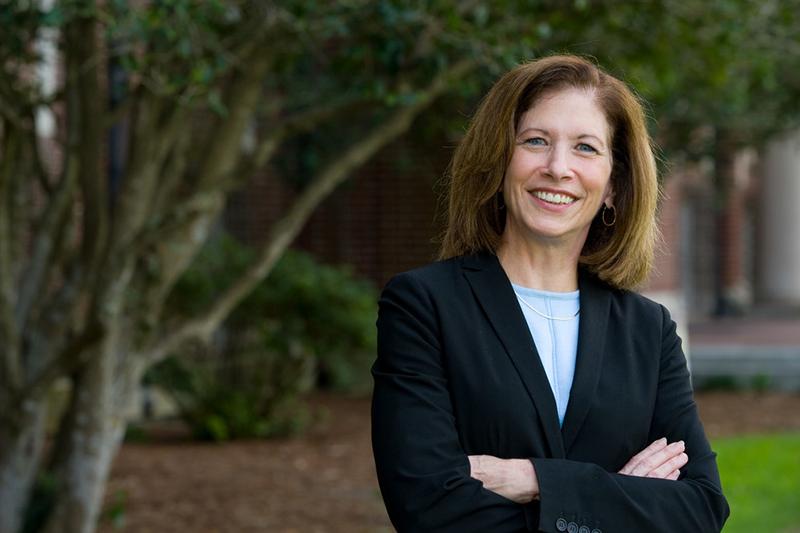Carole Haber, SLA dean, reflects on her greatest achievements
As Carole Haber prepares to step down this summer as dean of the School of Liberal Arts (SLA) at Tulane, she looks with pride at what she’s accomplished leading the school since 2008.
The school, established in 2006 after Katrina, had no cohesive identity when Haber took the helm. “We absolutely did not exist,” she said.
By reaching out to faculty, alumni, donors and students, Haber led the development of a well-defined identity for the school. SLA now teaches 43 percent of the Tulane’s undergraduate students. It includes 16 academic departments, 19 interdisciplinary programs and five academic centers.
“We have worked successfully to create a community that is recognized,” she said.
Haber has worked to create a vision for SLA based on mission, place and approach. Among her most significant achievements are establishing the New Orleans Center for the Gulf South and the School of Liberal Arts Management Minor (SLAMM).
The management minor is particularly important “in this day and age,” said Haber, “when the humanities are under attack, and people feel like they can’t major in something they care about.”
More than 300 students are currently enrolled in SLAMM. Through this minor, non-business, liberal arts “students can continue their passion in their major and get financial literacy,” said Haber.
Haber has also overseen the restoration, revival or re-creation of robust doctoral programs in diaspora French, economics, linguistics, political development in political science, and city, culture and community in sociology. A multidisciplinary doctoral program in aging studies was inaugurated, while other continuing graduate programs have risen in status.
Haber will remain a professor of history at Tulane after she steps down.
She has projects lined up, including working with film producers who are interested in making a movie of her book The Trials of Laura Fair: Sex, Murder, and Insanity in the Victorian West (University of North Carolina Press).
She’ll take a yearlong sabbatical in North Carolina to write her next book on the medicalization of death — “about the transformation from the home into the hospital, and from ministers to doctors.”
However, she will be back in New Orleans. “I’m most proud of the community we created in SLA,” she said. And, she plans to stay a part of that community.

